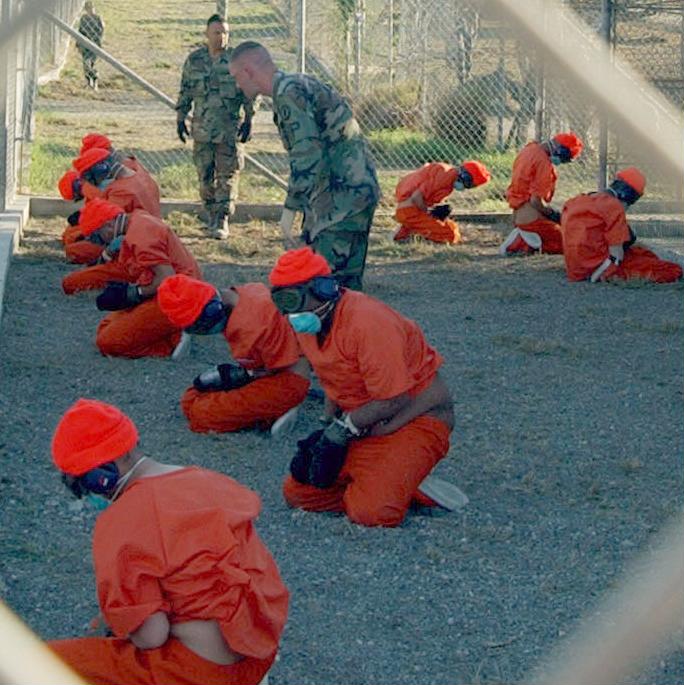One of the things that distinguish Portuguese culture from Spanish culture is the way the Portuguese deal with authority. While the Spanish have a tendency towards violence, both on the side of the oppressed and the side of the oppressors, the Portuguese tend to subvert and skirt around rules and regulations.
This was on full display during the era of Fascism. General Franco embarked on a ruthless war against any opposition, with a hundred thousand dead in his path. Salazar didn't kill more than a handful of political opponents, and it's not clear if he actually gave the orders to do so. Franco was the victorious general. Salazar was the benevolent father.
This difference of style can be explained as a consequence of the federal structure of Spain as opposed to Portugal's national structure. Spain is a federation of several countries, while Portugal is a single country. There's no danger of Portugal splitting into pieces. However, Spain has several regions that could potentially split away from Madrid. Hence, the need for Madrid to engage in draconian tactics every now and again to prevent the federation from falling apart.
Another explanation can be that the most populated part of Portugal was ruled by the Suebis during the early middle ages, while what is Spain today was ruled by the Goths. If we go even further back, we see that the Romans found it difficult to rule north western Iberia. It was close to impossible to get the people of this region to comply with laws and regulations.
The Portuguese are sometimes referred to as the gentle anarchists of Europe. They don't entirely ignore rules and regulations. They merely find ways around them. They find it natural to do so, and no-one gets upset when rules are broken for practical reasons. Breaking rules for no other reason than to display disobedience, on the other hand, does not go down well in this country. As long as there's a general consensus that some law or regulation makes sense, hobby fascists abound.
Law creation and subsequent law destruction follows a general pattern that may well date back to pre-Roman times. Initially, there's close to full compliance with the new law, especially if it has been implemented in tandem with a successful propaganda campaign. This lasts for a while before it starts to fade. People get more relaxed about the rules. Compliance drops from close to hundred percent to about half. Then, a new scare campaign has to be implemented.
There might even be token arrests and fines here and there. But this kind of force is looked upon with dismay rather than awe. Brute force may elicit admiration in Spain, but such behaviour is looked upon with disgust in Portugal. Law enforcers know this and fear social backlash. The eager law enforcer can easily end up friendless.
All of this has been on full display through the great plague of 2019. First, there was a rapid rise in compliance. Then there was a relatively sharp drop off followed by a new intense scare campaign and some token arrests and fines.
The backlash to what was seen by most as excessive force followed with the national court jester making law enforcers look both stupid and evil.
The hobby fascists who were out in force at the start of the plague are now nowhere to be seen. Law enforcement is non-existent, and there's a gradual fading. People are dropping their masks, one by one. The die hard compliant look away when I do my little ridiculous mask stunt. They know the joke is on them.
It appears then that my initial frustration with the Portuguese and their compliance with the rules was due to my ignorance of how their culture works. I expected more resistance at an earlier stage. I was dismayed by what I saw, not realizing that this is how it always works in this country. There's an initial surge in compliance, then a long fade out that can take years or even decades to complete. The final collapse is a whimper.
As an example of the whimper that is the typical end of tyranny in this country, we have their famous Carnation Revolution. It was a complete farce. A handful of poorly equipped soldiers went to Lisbon to stage a coup, and everybody went out in the streets to celebrate before the soldiers had achieved anything. Compliance to the regime was so minimal that no-one but a deranged public servant fired any shots.
At the heart of the Carnation Revolution we find the Portuguese soul. Excessive force is such a taboo that when the national guard was ordered to crush the uprising, no-one followed the orders. It would have been social suicide to do such a thing. The military victory would have been swift. But the stigma related to it would have been for life, and everybody involved knew this. Hence the victory of the people over the elite.
And this is not merely a foreigner's view of what happened. There's a re-enactment of the events of the revolution that's aired on TV every year on April 25, and it makes no secret of the farcical aspect of the revolution. There's a scene in the film where the column of thinly armoured military vehicles on their way to overthrow the regime suddenly stops for no reason at all, except there's a traffic light, and the light is red. Once they get a green light, the column resumes progress towards Lisbon. Then there's the scene with soldiers in fighting position surrounding the parliament building, with onlookers casually smoking cigarettes and small-talking to the soldiers. There's no attempt to gloss over these issues in the film. The Portuguese are fully aware of their quirky culture, and intensely proud of it.
 |
| Iberia 560 AD |





















